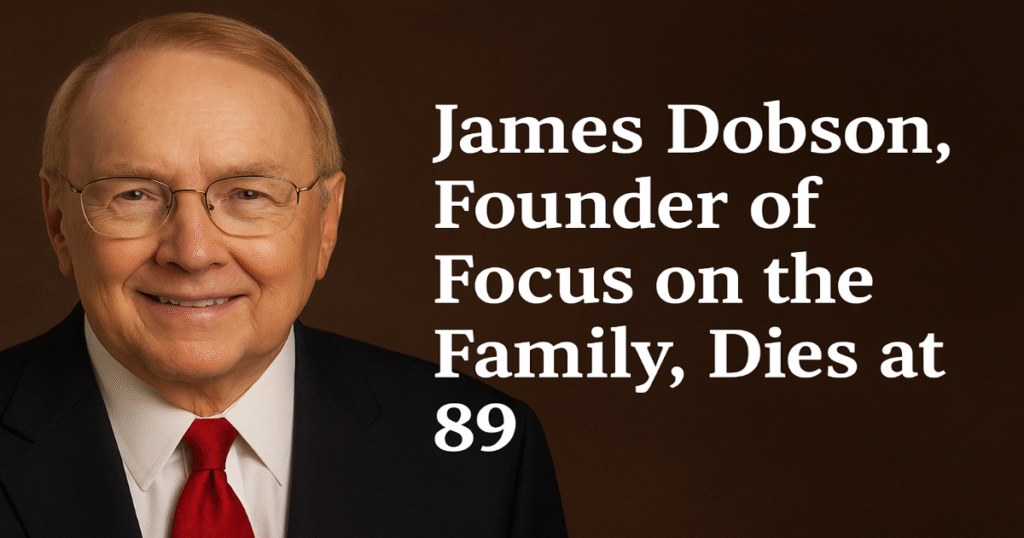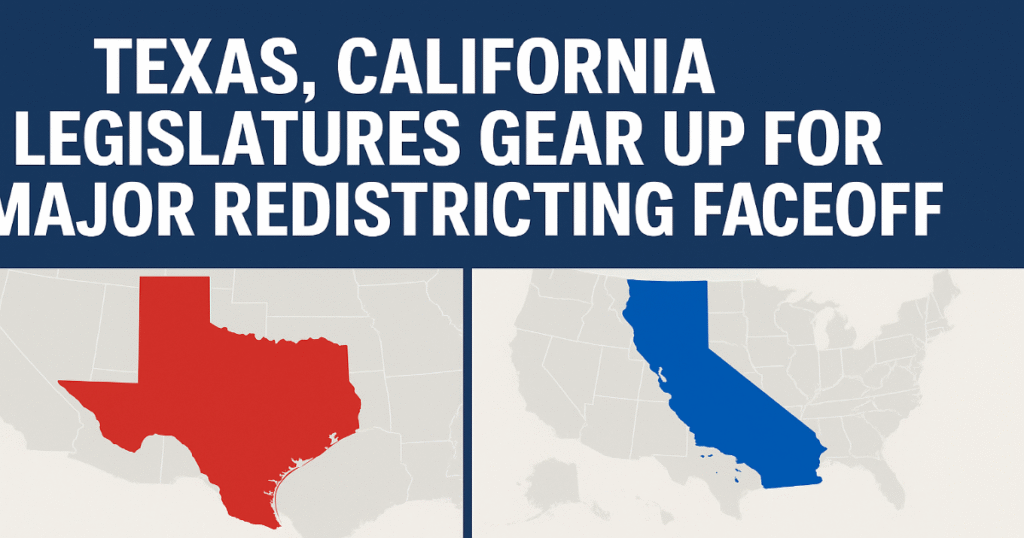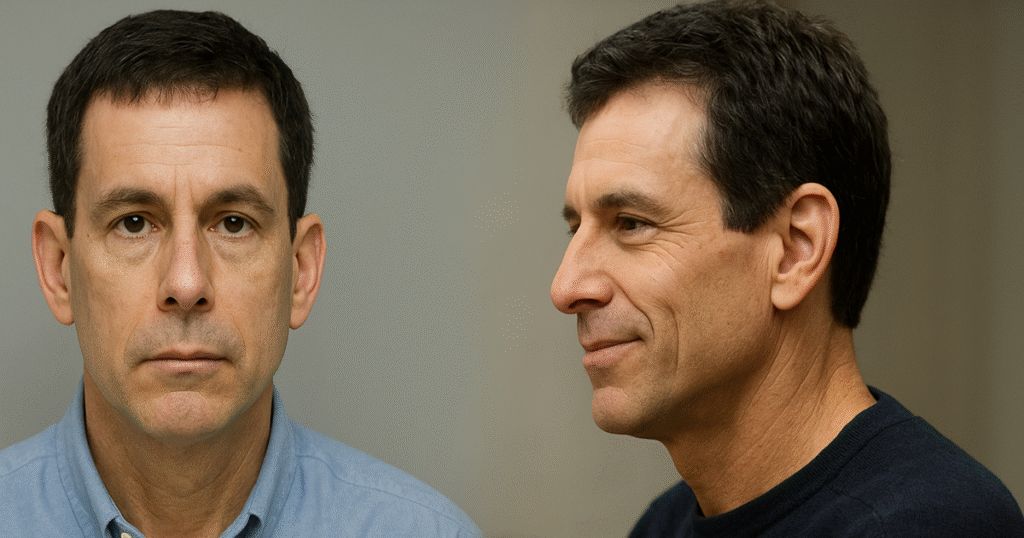
When the National Football League and ESPN first struck their historic partnership decades ago, it was a natural marriage between America’s most dominant sports league and the nation’s leading sports media brand. On paper, both sides benefited enormously: ESPN got exclusive broadcast rights that cemented its place as the go-to sports channel, while the NFL secured massive rights fees, relentless promotion, and around-the-clock coverage that elevated football into a cultural obsession.
But underneath the glossy surface of billion-dollar contracts and primetime spectacles lies a relationship fraught with power imbalances, hidden pressures, and subtle meddling. The NFL is not just a business partner of ESPN—it is also one of its most influential overseers. And when the league decides to flex its muscles, history shows it has little hesitation to interfere in ways that compromise ESPN’s editorial independence and journalistic credibility.
To believe the NFL won’t meddle in ESPN’s business in the future is to ignore the very real examples of how it has already done so.
A Powerhouse Relationship Built on Unequal Terms
The NFL is arguably the most powerful sports league in the world, valued at more than $150 billion collectively across its 32 franchises. Its television rights are the crown jewel of American sports media, with networks paying astronomical sums for a slice of the action. In 2021, Disney (parent company of ESPN) renewed its rights with the NFL for about $2.7 billion per year to carry “Monday Night Football” and other NFL content.
That figure alone shows where the balance of power lies. ESPN needs the NFL more than the NFL needs ESPN. If the network were to lose professional football, it would face a devastating blow to its programming lineup, advertising revenue, and relevance. The NFL, meanwhile, has a line of suitors—NBC, CBS, Fox, Amazon—eager to pay top dollar for broadcast rights.
In this uneven relationship, the NFL holds the leverage, and leverage leads to influence. With so much money and prestige at stake, ESPN has often found itself in the uncomfortable position of catering to the league’s interests, even at the expense of independent reporting.
Examples of the NFL’s Heavy Hand
1. The “League of Denial” Controversy
One of the most infamous examples of NFL meddling occurred in 2013. ESPN had partnered with PBS’s Frontline on a documentary called League of Denial, which investigated the NFL’s handling of concussions and traumatic brain injuries. The documentary raised damning questions about how the league had downplayed the risks of chronic traumatic encephalopathy (CTE) and failed to protect its players.
But as the release date neared, ESPN abruptly pulled its branding and support from the project. Reports quickly surfaced that NFL executives were furious about the collaboration and pressured ESPN to back away. Though ESPN denied being directly strong-armed, The New York Times reported that NFL commissioner Roger Goodell and other league officials had expressed their displeasure in meetings with ESPN leadership.
The optics were clear: when ESPN’s journalism threatened to expose the NFL’s dark side, the league flexed its influence, and ESPN backed down.
2. The Suspension of Journalists and Commentators
On multiple occasions, ESPN personalities have been disciplined or silenced after making critical comments about the NFL.
- In 2014, ESPN’s Bill Simmons called NFL commissioner Roger Goodell a “liar” on his podcast in response to the Ray Rice domestic violence scandal. Days later, ESPN suspended Simmons for three weeks.
- Jemele Hill, a prominent ESPN journalist, faced heavy scrutiny and eventual departure after her outspoken criticism of both the NFL and team owners on social issues.
While ESPN claimed these disciplinary actions were about internal policy violations, many observers believed they were influenced by the network’s desire to protect its lucrative NFL relationship.
3. “Playmakers” and the Erasure of Controversial Storylines
Go back further to 2003, when ESPN aired a fictional drama series called Playmakers, which depicted the off-field controversies of a professional football team: steroid use, domestic violence, drug abuse, and closeted sexuality. The show was critically acclaimed and drew strong ratings.
But the NFL hated it. League officials reportedly told ESPN executives they were furious about the series tarnishing football’s image. By 2004, despite the show’s popularity, ESPN abruptly canceled Playmakers. Again, the message was clear: the NFL didn’t like it, and ESPN complied.
Why This Pattern Matters More Than Ever
The examples above aren’t isolated incidents—they reflect a pattern of behavior in which the NFL pressures ESPN to align with its preferred narratives. What makes this concerning now is that the league is more powerful than ever, and ESPN is more dependent than ever on football.
Streaming wars, cord-cutting, and declining cable subscriptions have weakened ESPN’s once-unshakable dominance. “Monday Night Football” and NFL-related programming remain among the few guaranteed ratings juggernauts in its portfolio. Disney executives know they cannot afford to anger the league, not when competitors like Amazon Prime Video are swooping in to grab exclusive rights to games.
This dependency creates fertile ground for meddling. The NFL doesn’t have to issue explicit ultimatums; its mere displeasure can be enough to trigger self-censorship at ESPN.
The Broader Consequences for Journalism
At its best, ESPN is not just an entertainment platform but a journalistic institution. Its investigative work has produced groundbreaking stories on performance-enhancing drugs, sexual abuse in sports, and systemic issues within athletic organizations. But when it comes to the NFL, that journalistic rigor often softens into promotional fluff.
This isn’t just an ESPN problem—it’s a sports journalism problem. When the most influential sports media outlet in the U.S. pulls its punches against the most powerful league, it sets a precedent that others follow. The public gets highlight reels and sanitized narratives instead of unflinching truth.
Fans may not notice in the short term. After all, most tune into ESPN for game highlights, fantasy football analysis, and debates on First Take, not hard-hitting investigations. But in the long run, a lack of accountability corrodes the integrity of both the media and the sport itself.
ESPN’s Dilemma: Entertainment vs. Journalism
To be fair, ESPN is caught in an impossible position. Its business model relies heavily on partnerships with the very leagues it covers. Unlike independent newspapers or watchdog groups, ESPN is both a broadcaster and a news outlet. That dual role creates a fundamental conflict of interest.
Should it prioritize entertainment and maintain friendly ties with the NFL to ensure access, ratings, and financial stability? Or should it embrace its journalistic responsibilities and risk alienating the league?
So far, ESPN has leaned toward the former. And the NFL, fully aware of this dilemma, has exploited it time and again.
What the Future Holds
Looking ahead, the NFL’s meddling is unlikely to fade—it may intensify. With the rise of streaming platforms like Amazon and Apple showing interest in NFL rights, the league’s leverage has only grown. If ESPN ever dares to air content that offends the NFL, the league has plenty of alternative partners waiting to swoop in with billion-dollar checks.
Moreover, as the NFL faces ongoing controversies—player health, racial equity, gambling scandals, labor disputes—it has every incentive to shape the narrative in its favor. ESPN, tethered by its dependency, remains a vulnerable target.
Why Fans Should Care
Some might argue: why does this matter? Fans just want to watch football, not worry about media politics. But the truth is that unchecked league influence hurts fans too. When coverage is watered down, fans lose access to the full picture of the sport they love.
They don’t hear enough about the real risks players take with their bodies. They don’t get honest conversations about systemic issues like race, gender, and safety in football. Instead, they are fed a polished product designed to protect the league’s image and revenue streams.
In the long run, that does a disservice not just to journalism but to the fans themselves, who deserve transparency and accountability from both the media and the leagues they support.
Conclusion: A League That Must Be Watched, Not Worshipped
The NFL is not an ordinary business partner—it is a behemoth with unmatched cultural and financial influence. When it decides to meddle, it doesn’t do so lightly. ESPN has already shown a willingness to bend under that weight, from canceling TV shows to abandoning documentaries to disciplining outspoken voices.
That’s why the idea that the NFL “can be trusted” not to meddle in ESPN’s business is naive. It already has, and unless ESPN and its parent company Disney find the courage to draw firmer lines, it will again.
True journalism requires independence, even when it’s uncomfortable. Especially when it’s uncomfortable. Fans deserve better than a sports media landscape where the most powerful league dictates the coverage it receives.
Until ESPN proves it can resist the NFL’s heavy hand, skepticism is not only warranted—it’s necessary.
Also Read: Ukraine Supporters Rally Near the White House as Trump and Zelenskyy Hold High-Stakes Meeting
Visit: Cheapest Sale

Hey I am Srimanta Pradhan brings 10 years of experience to News Broadcast and Marketing, specializing in effective communication.A specialized content writer with a decade of expertise crafting compelling narratives for News Broadcast and Marketing. Transforms complex information into engaging, impactful content.




















